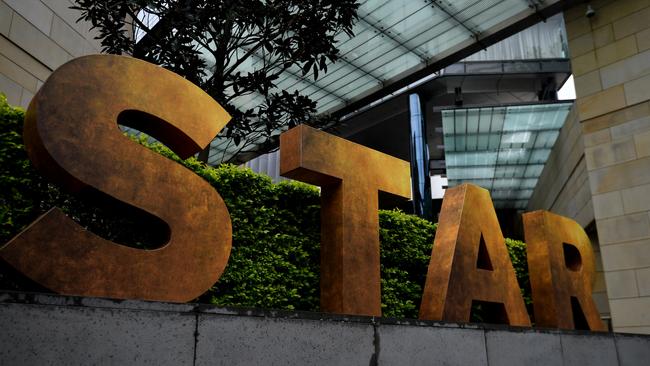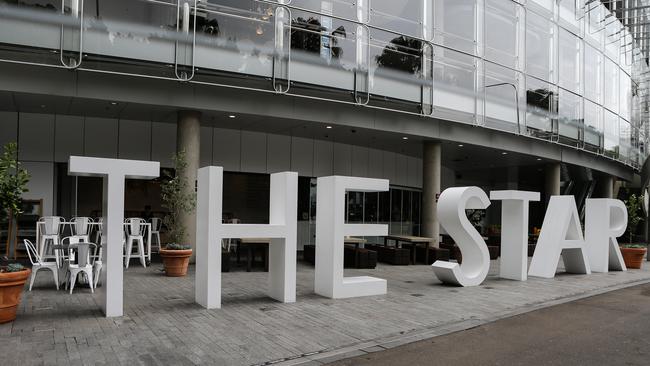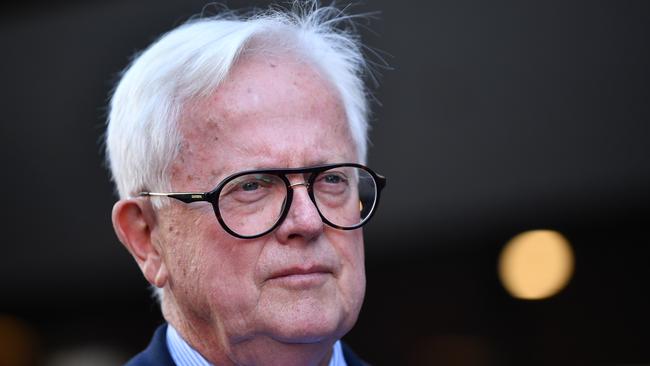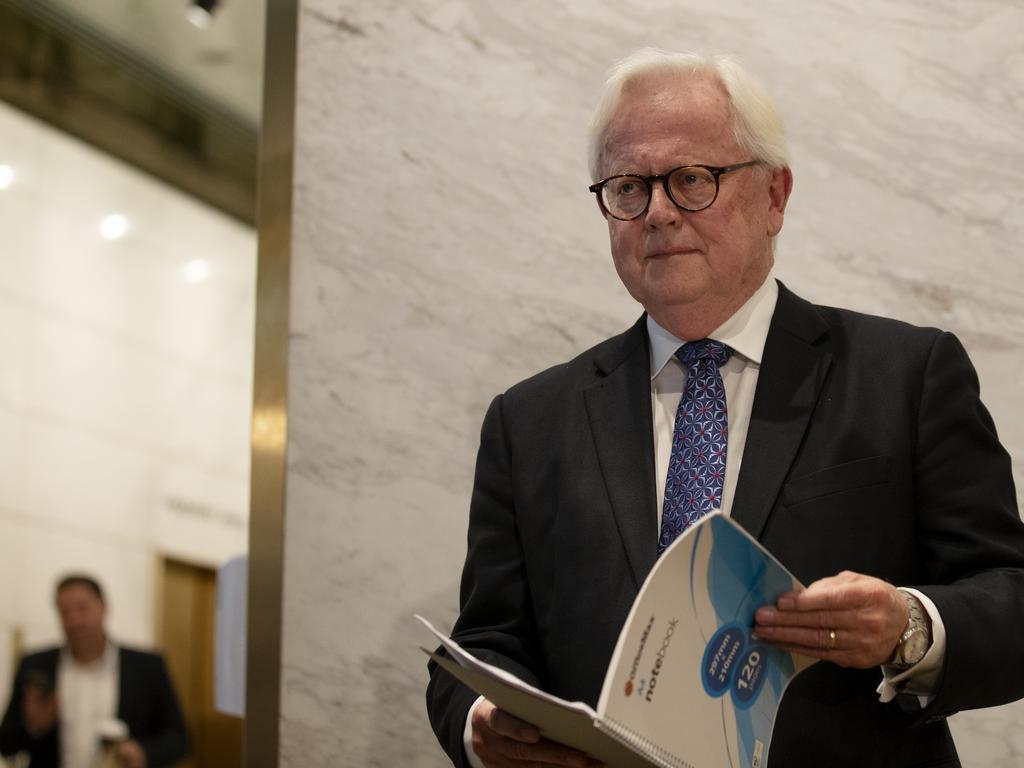The Star unsuitable to run Sydney casino, NSW inquiry finds
Star Entertainment has 14 days to convince authorities it should be allowed to keep its licence after a report found it was unsuitable to manage a casino.

Star Entertainment has 14 days to convince authorities in NSW it should be allowed to keep its operating licence after a damning report concluded it was unsuitable to manage a casino.
The Bell inquiry’s final report concluded that the gaming giant – with a string of casinos and a market value of more than $2.6bn – had set up an “inherently deceptive and unethical process” disguising more than $900m as hotel expenses to allow wealthy Chinese gamblers to bet at the venues, failed to check the source of the money – and knew for years it was in breach of the rules.
Instead of shutting down junkets bringing in major overseas gamblers, as Star should have, the report found it allowed them to continue to operate, “a collective decision by the senior management … which reflected a culture in which business goals were given undue priority over regulatory and money laundering and terrorism financing risks”.
In other instances, it let patrons gamble for long periods of time, including for more than 24 hours without intervening.
Philip Crawford, the chief commissioner of the state’s casino regulator, said all options were on the table including the suspension or cancellation of Star’s licence, and a fine of $100m.
“How severe, we are not sure,” Mr Crawford said on Tuesday as he released the Bell report.
“They need to demonstrate, to understand what their problems are and show leadership in fixing those problems … At the moment we are not getting that vibe.”
Mr Craword added: “I’m afraid the cultural, institutional arrogance hasn’t changed much; there is still an unwillingness to show the right level of transparency.”
If the NSW Independent Casino Commission takes the most drastic course of action, it would be the first loss of a casino licence in the country’s history.
The report comes after a tumultuous period for the industry that has included Crown Resorts facing three royal commission-style inquiries. Star also faces a separate review of its business in Brisbane and the Gold Coast led by retired Queensland Court of Appeal judge Bob Gotterson.

Investors expect the company – which opened its Pyrmont casino in 1995 and now employs 8000 staff there – to keep its operating licence, with Star shares rising more than 4.5 per cent – up 12c to $2.78 – after the release of the Bell report.
In a statement authorised by Star’s interim chair Ben Heap, the casino operator said it was considering the report and the matters raised.
The report, handed to regulators in early September, identified systemic governance, risk and cultural failures at the Sydney casino. It included 30 recommendations on how the operation should be reformed. The Australian first reported on Monday that Star would be found unsuitable to hold a casino licence.
The core of the report’s findings, beyond extensive criticisms of the company’s internal culture, was a system established in 2013 and run until 2017 where Star’s Macau office would provide false documentation to disguise deposits by patrons as deposits of The Star.
“The false letters gave rise to a high risk of money-laundering as they obscured the source of funds … This practice revealed a complete disregard of (anti-money laundering) obligations by senior employees,” the report reads.
Separately, patrons would be allowed to swipe Chinese credit cards at the Astral Hotel “in order to fund gambling” at the Star.

“The value of the transactions via the (use of China Union Pay cards) at The Star totalled $908m … Management of The Star and Star Entertainment were aware (this) was a means of circumventing Chinese capital flight laws.”
The report found clear failings in management and oversight of the company’s international VIP business. “These were not merely individual failings. These were systemic governance, risk management and cultural failings of The Star Entities,” it reads.
Mr Crawford, chairman of the Independent Casino Commission, described the Bell report as shocking. “Not only were huge amounts of money disguised by the casino as hotel expenses, but vast sums of cash evaded anti-money-laundering protocols in numerous situations, most alarmingly through Salon 95 – the secret room with a second cash cage,” he said.
Mr Crawford said Mr Bell had not made adverse findings against Star’s directors, but concluded they “didn’t have a clue about what was going on in their own company”.
“As such they really weren’t doing their job,” he added.
Mr Crawford has the power to suspend or cancel Star’s casino licence. “All I can say this morning is they’re all on the table,” he said.
“They need to demonstrate, to understand what their problems are and show leadership in fixing those problems,” he said. “At the moment we’re not getting that vibe … I’m afraid the cultural, institutional arrogance hasn’t changed much. There is still an unwillingness to show the right level of transparency.
“It’s not a matter of sacking number of chief executives and saying everything is right again.”
A similar NSW review undertaken by former Supreme Court judge Patricia Bergin in 2021 concluded Crown was no longer suitable to hold the licence for its Sydney casino. But Crown, now owned by private equity firm Blackstone, was given an opportunity to address those concerns.
In her closing to the Bell inquiry in May, Naomi Sharp SC, counsel assisting, said Star should be found unfit to hold a casino licence after hearings revealed the company’s executives “prioritised money-making over compliance” and “indifference” to money laundering. At the time, she said their conduct needed to be assessed in a broader context, including Star’s governance, risk management and culture.
There have already been several departures from Star: chief executive Matt Bekier, chief financial officer Harry Theodore, chief legal and risk officer Paula Martin and chief casino officer Greg Hawkins.







